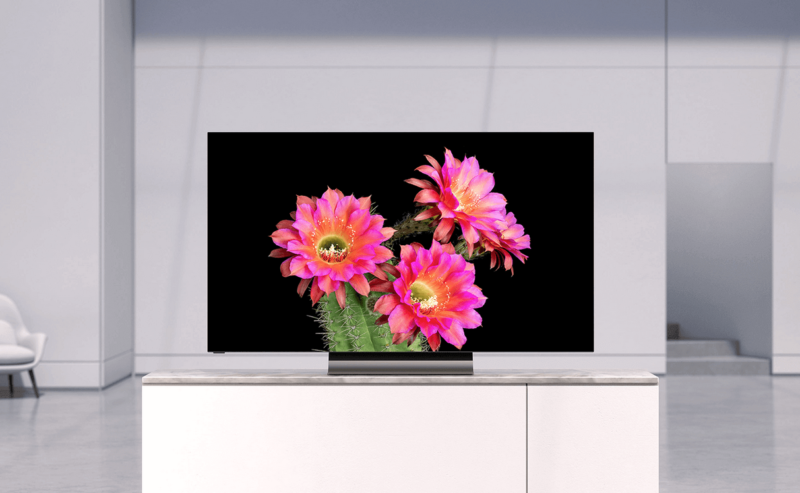
Over the past several years, TV-maker Vizio has achieved a reputation among home theater enthusiasts as the company that makes TVs that provide superior picture quality relative to their cost. While the most expensive TVs from Samsung and LG beat Vizio's in quality assessment by reviewers, Vizio is widely regarded as one of the best bang-for-buck brands.
But for consumers, those competitive prices may come with a downside: becoming subject to targeted advertising and monetized personal data collection. As reported previously on Engadget, Vizio just posted its first public earnings report, wherein it revealed that profits from the part of its business that is built around collecting and selling user data as well as targeting advertising at users totaled $38.4 million in the quarter.That's less than the $48.2 million of profit generated by device sales in the same quarter, but data and advertising profits grew significantly year over year while actual device sales grew comparatively slowly. These digital products are still nowhere close to device sales in total revenue, however; the data and ad-related business unit (dubbed Platform+) added up to only 7.2 percent of global revenue.
Still, that was enough to improve the financial picture for the California-based company's long-delayed stock market debut. CNBC reports that Vizio's TV-device business has actually shrunk in recent years. As any business must, Vizio has sought to find additional sources of revenue to offset that slip. Its streaming platform, SmartCast, and other advertising and data-related operations made much of the difference for the company as it sought to convince investors to buy stock in its offering.
Device sales rose just 7 percent year over year, but Platform+ grew 133 percent in the same period.
SmartCast collects user data, delivers advertising, and also gives Vizio a cut of subscription sales to other services made through the platform, like Netflix. This has become quite common in the TV business, and Vizio is not the only company running ads or collecting user data. The practice has become so prevalent that normally tech-focused review sites like Rtings have begun counting advertising approach as a key metric in assessing televisions for would-be buyers.
Vizio posted a net revenue of $505.7 million and a gross profit of 82 percent. However, investors have expressed concern about the company's ability to stay competitive with other streaming platforms, and Vizio's market debut performed at the low end of expectations. The stock was valued at $27.41 per share at market close today.
reader comments
234